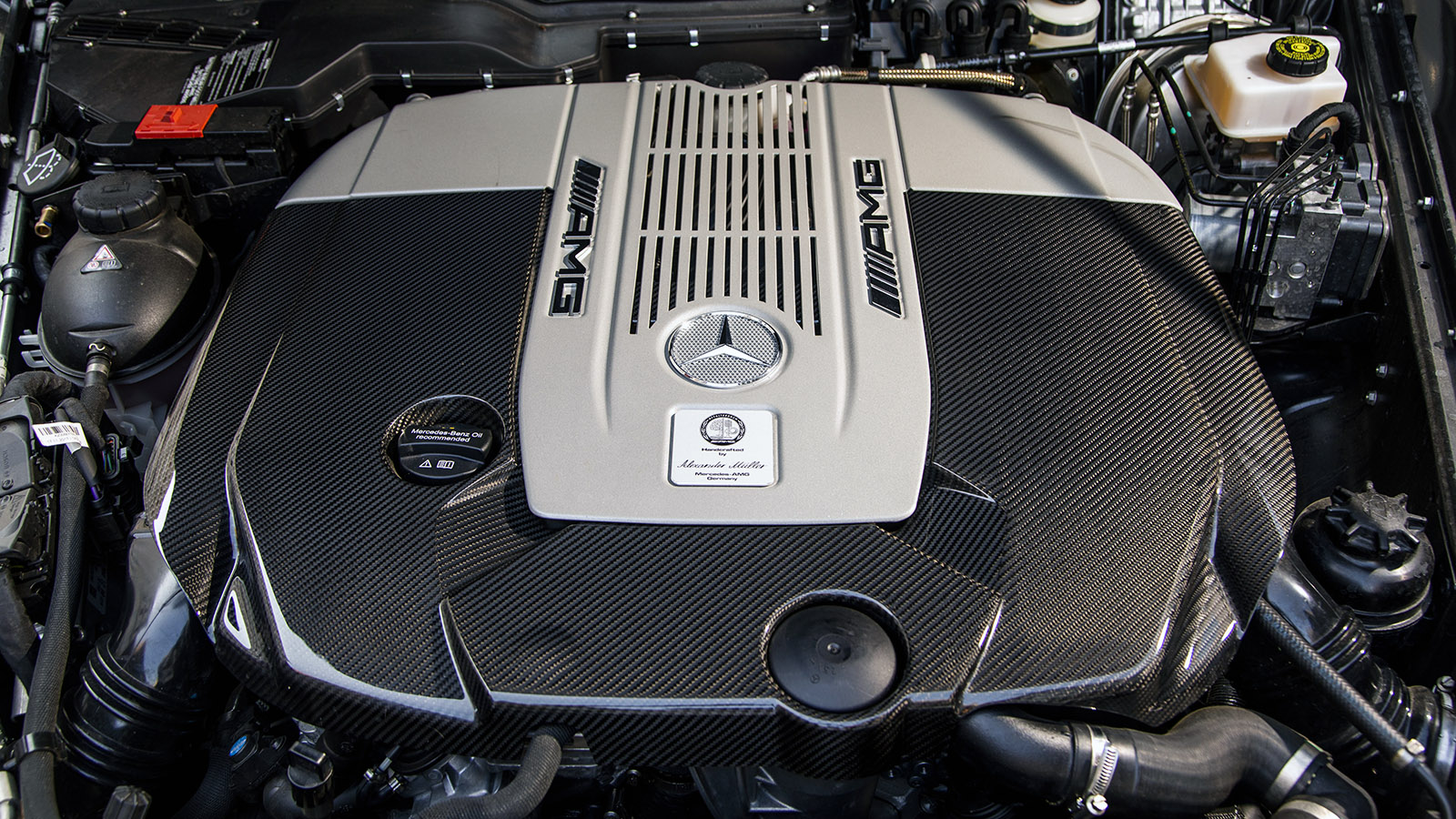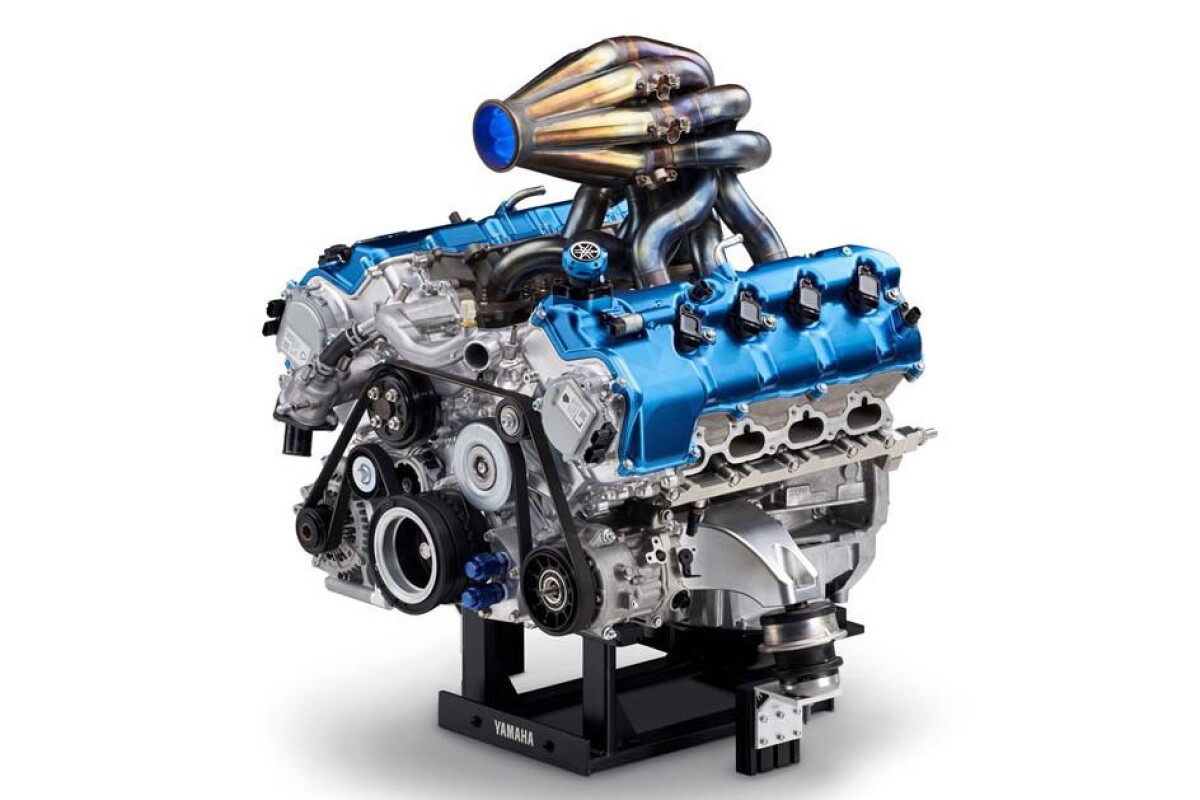Engines For Africa Offers Motors You Can Count On
Engines For Africa Offers Motors You Can Count On
Blog Article
Check Out a Wide Variety of Engines for each Car and Function
The auto landscape is significantly intricate, with a diverse array of engine types designed to satisfy particular efficiency and effectiveness requirements throughout numerous car groups. From the high-performance engines that power cars to the fuel-efficient choices customized for day-to-day travelling, the options are substantial and differed. In addition, durable engines serve the demands of work lorries, while environmentally friendly options are acquiring traction in the pursuit of lasting transport. Understanding these differences is critical for making educated decisions, particularly as emerging technologies remain to form the future of automobile engineering. What effects might these innovations hold for suppliers and consumers alike?
Kinds Of Automotive Engines
Automotive engines can be classified right into several distinct types, each created to meet particular performance and effectiveness demands. One of the most usual groups include interior combustion engines, electrical engines, and hybrid systems.

Electric engines, on the other hand, operate electric power stored in batteries, offering immediate torque and no exhausts. These engines are becoming significantly popular as a result of developments in battery technology and the growing focus on sustainability.
Hybrid systems incorporate both inner burning and electric engines, enabling lorries to optimize fuel performance and lower emissions by flawlessly changing between source of power. Each engine kind offers its downsides and advantages, affecting variables such as automobile style, planned usage, and market need. Comprehending these distinctions is critical for customers and producers alike when picking the ideal engine for their details requirements.
Performance Engines for Sports Cars
Efficiency engines for sporting activities vehicles are specifically crafted to supply improved dexterity, rate, and power, setting them besides common automobile engines. These engines commonly make use of advanced innovations such as turbocharging, turbo charging, and variable shutoff timing to optimize performance and responsiveness.
Usually, efficiency engines are created with greater compression proportions, which enable greater energy extraction from gas. This leads to outstanding horsepower and torque numbers, allowing rapid velocity and greater leading rates. Furthermore, the light-weight materials utilized in these engines, such as aluminum and carbon fiber, contribute to minimized overall vehicle weight, boosting handling and ability to move.
Engine setups like V6, V8, and even hybrid systems are usual in performance cars, each offering special benefits in terms of power shipment and driving dynamics. The tuning of these engines is likewise vital; many producers enhance the engine monitoring systems to give a thrilling driving experience, commonly consisting of sporting activity settings that readjust throttle reaction and equipment shifts.
Efficient Engines for Daily Commuters
In the world of everyday travelling, efficient engines play an important role in optimizing fuel economic climate and decreasing discharges while providing trustworthy performance. As city populaces expand and environmental issues heighten, the need for cars geared up with effective powertrains has actually surged.
Modern engines designed for daily commuters typically include technologies such as turbocharging, straight gas shot, and hybrid systems. Turbocharging improves engine effectiveness forcibly more air right into the combustion chamber, allowing for smaller sized, lighter engines that do not endanger power outcome. Straight gas injection boosts fuel atomization, causing far better burning and enhanced effectiveness.
Hybrid engines, incorporating interior combustion with electrical power, additional boost fuel economy, particularly in stop-and-go traffic, where traditional engines can experience inadequacies. Electric motors aid throughout acceleration and can operate individually at low rates, decreasing overall gas intake.
Moreover, improvements in engine management systems and lightweight products add considerably to reliable engine design. By focusing on performance, longevity, and environmental sustainability, makers remain to deliver engines that not just satisfy the needs of day-to-day commuting but also align with global initiatives to reduce carbon footprints.
Heavy-Duty Engines for Work Automobiles
Sturdy engines for work automobiles are regularly crafted to deliver remarkable torque and reliability under demanding problems. These engines are created to carry out in settings where typical engines might falter, such as building websites, logging operations, and agricultural setups. The key focus of sturdy engines is their capacity find more to create high degrees of power while keeping longevity over prolonged durations of operation.
Commonly, heavy-duty engines utilize innovative materials and durable construction strategies to stand up to the roughness of heavy work. Features such as enhanced cyndrical tube blocks, enhanced cooling systems, and progressed gas shot innovations contribute to their effectiveness. These engines frequently operate at reduced RPMs, which assists to optimize gas effectiveness while offering the needed power for hauling and lugging.
In enhancement to mechanical toughness, heavy-duty engines are frequently geared up with advanced digital control units (ECUs) that take care of efficiency, emissions, and diagnostics. This combination permits much better tracking and maintenance, making sure that job cars remain efficient and functional.
Eventually, sturdy engines are an essential component in the productivity of numerous industries, giving the essential power and reliability to tackle the most difficult of tasks.
Eco-Friendly Engine Options
The expanding emphasis on sustainability has resulted in the growth of green engine choices that prioritize minimized exhausts and improved gas performance. These engines are developed to reduce the ecological effect of vehicles while still providing the performance and integrity anticipated by consumers.
Amongst one of the most remarkable environment-friendly options are electric and hybrid engines. Hybrid engines combine typical inner burning engines with electric propulsion, enabling reduced gas usage and reduced greenhouse gas exhausts. Electric engines, on the other hand, run totally on battery power, producing absolutely no tailpipe exhausts and contributing to cleaner air top quality.
One more appealing growth is the development of biofuel engines, which make use of renewable energies, such as plant products, to power lorries (Engines For Africa). By utilizing biofuels, these engines can minimize dependence on fossil fuels and lower total carbon impacts

As the vehicle market progresses, environment-friendly engine alternatives will play an essential role in driving the shift towards even more sustainable transportation options.
Final Thought
The automobile market supplies a varied array of engines created to fulfill various automobile demands and objectives. From high-performance engines that enhance sporting activities cars and truck abilities to efficient models prioritizing gas economic climate for everyday commuters, each type serves a particular feature. Heavy-duty engines satisfy robust work vehicles, while eco-friendly alternatives, such as electric and biofuel engines, advertise lasting transport. This extensive variety ensures that all driving needs are dealt with, adding to developments in vehicle innovation and environmental stewardship.

Report this page